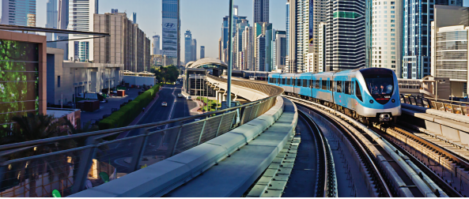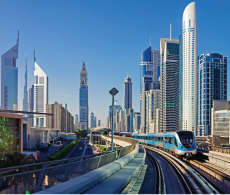September 12, 2015
Productivity myths + Gen Y shun London + Wellness & Work 0
 In this week’s issue; Mark Eltringham says when it comes to productivity, not everything at work is a motivator and lists five ways your colleagues might be driving you mad. Researchers say that green cities could result in global savings in the trillions; the allure of London for Generation Y appears to be fading; and business leaders in the Capital are concerned about retaining employees and improving the infrastructure. The number of people working excessive hours in the UK increases by 15 per cent since 2010; US workers admit that that when they need to get important work done, they avoid the office completely; and wellness policies are overlooking the effects of the workplace on health. Check out our new events page, subscribe for free quarterly issues of Work&Place and weekly news here., You can follow us on Twitter and join our LinkedIn Group to discuss these and other stories.
In this week’s issue; Mark Eltringham says when it comes to productivity, not everything at work is a motivator and lists five ways your colleagues might be driving you mad. Researchers say that green cities could result in global savings in the trillions; the allure of London for Generation Y appears to be fading; and business leaders in the Capital are concerned about retaining employees and improving the infrastructure. The number of people working excessive hours in the UK increases by 15 per cent since 2010; US workers admit that that when they need to get important work done, they avoid the office completely; and wellness policies are overlooking the effects of the workplace on health. Check out our new events page, subscribe for free quarterly issues of Work&Place and weekly news here., You can follow us on Twitter and join our LinkedIn Group to discuss these and other stories.











 Newly published research
Newly published research






















July 1, 2015
Three ways in which the business case for green building design is moving on
by Dan Callegari • Architecture, Comment, Environment, Facilities management, Workplace design
(more…)